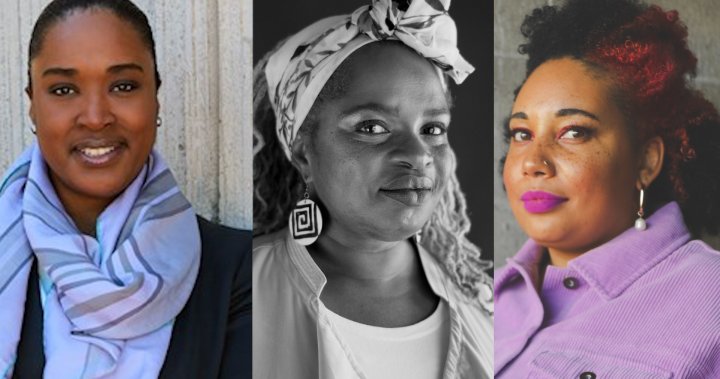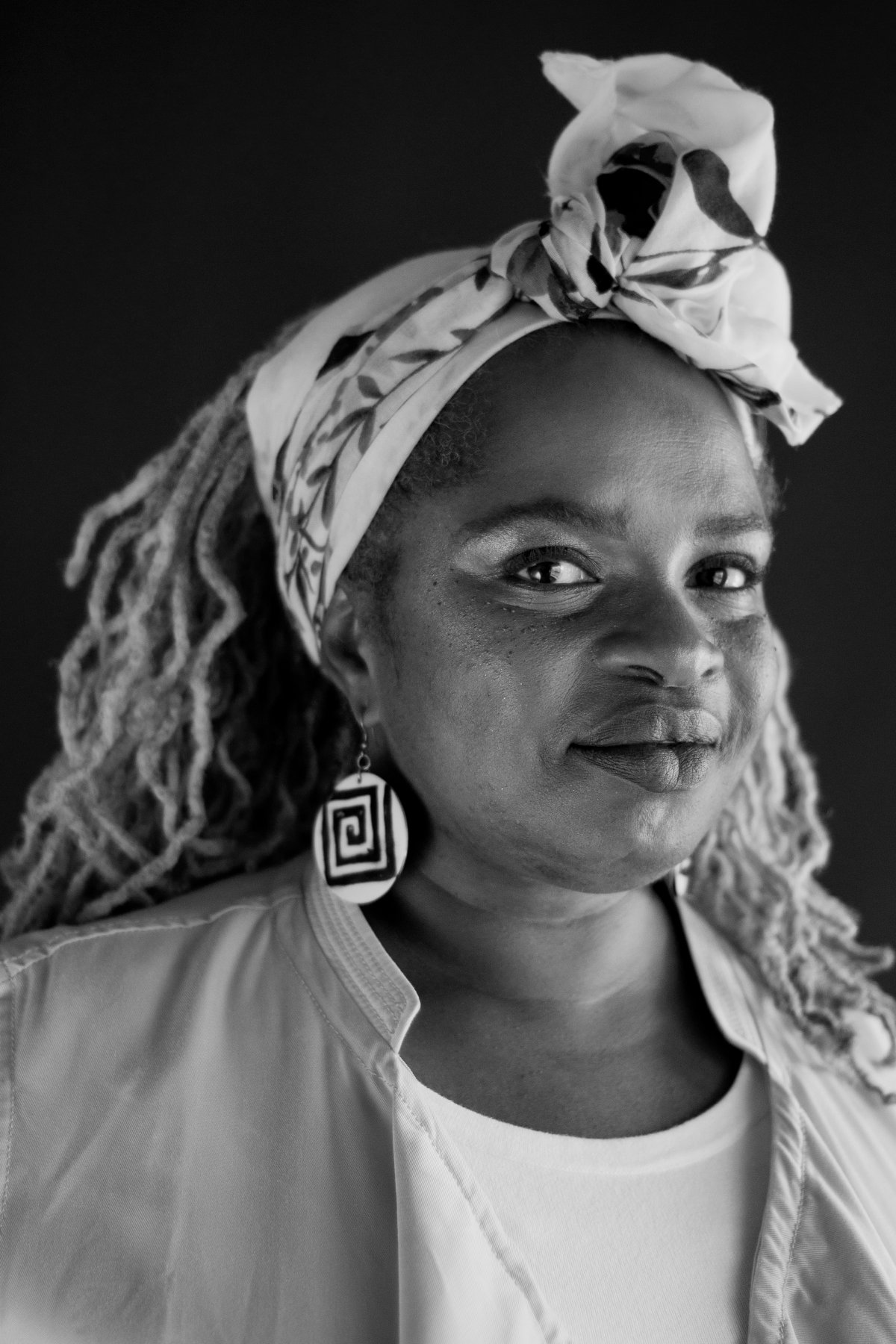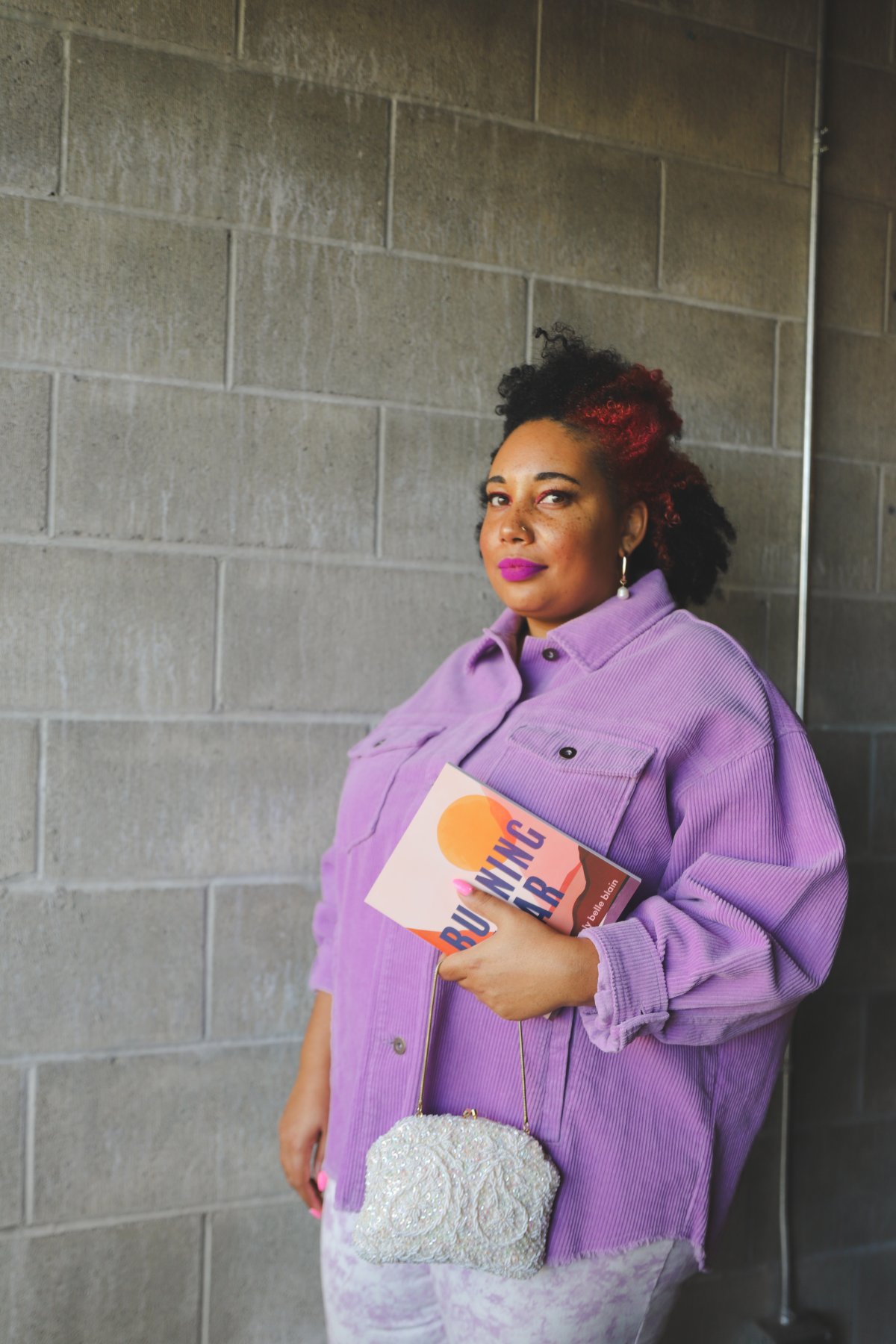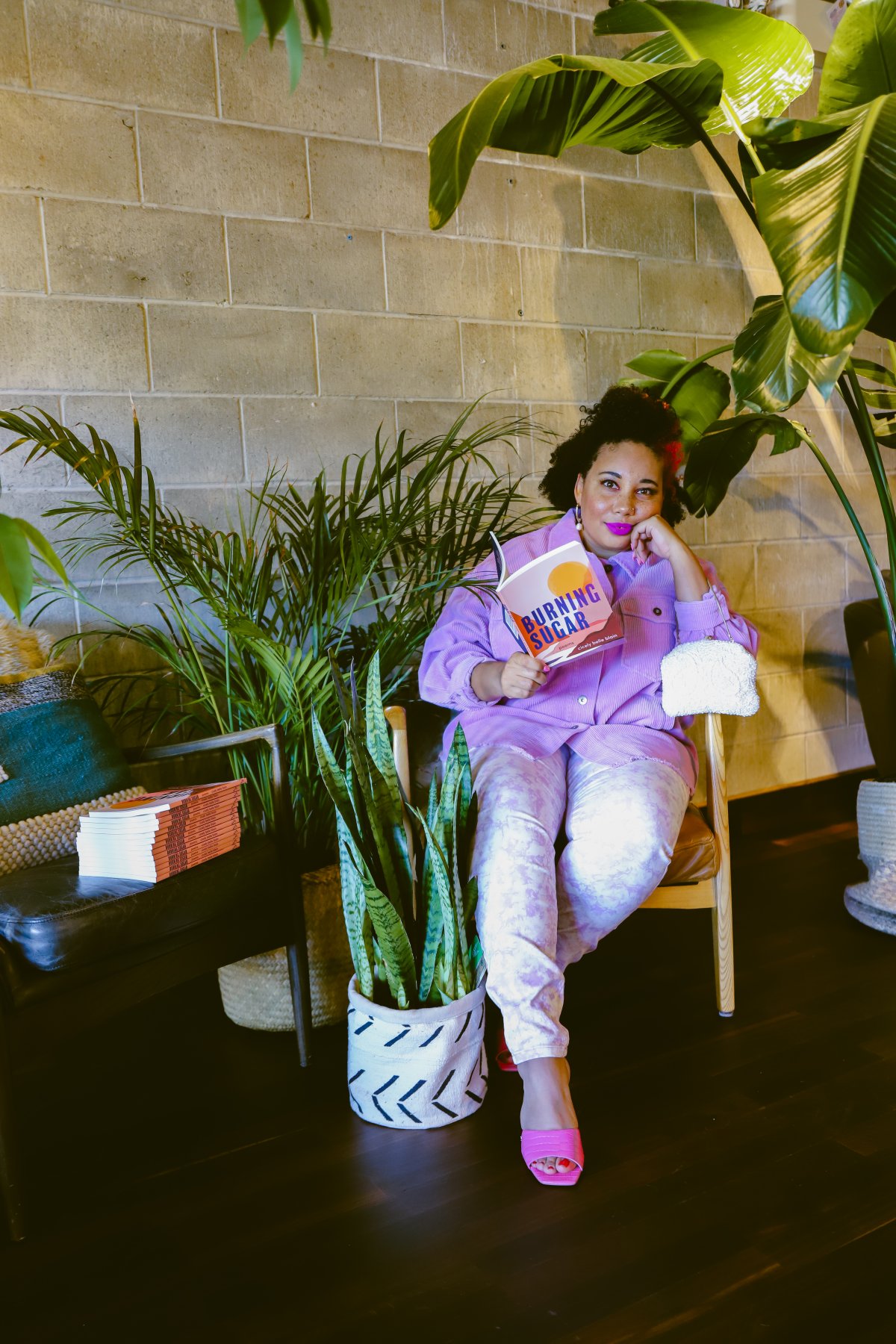It’s Black History Month and across Canada, Black queer Canadians have been leading the way to not only create change in their spaces, but also inspire the next generation of queer leaders.
From authors like Dionne Brand to artists like Syrus Marcus Ware, Black queer Canadians are an integral part of the country’s Black history and future.
Global News spoke to three Black queers on their hope for queer future.
Dr. OmiSoore Dryden (she/her) is a professor in the Department of Community Health and Epidemiology at Dalhousie University
Dr. Dryden on community involvement:
“Last spring, I worked with a small group of people in Halifax in responding to the deaths of George Floyd and Regis Korchinski-Paquet. We organized a vigil to honour Mr. Floyd’s and Ms. Korchinski-Paquet’s life, as well as a protest against police violence. We were very clear about demanding the defunding of police towards the goal of abolishing police.
I am committed to Black queer and trans health, in community and outside of community (in the academy and in the streets). I work on providing supportive spaces in the university (Dalhousie) for Black students and Black queer and trans students.
Read more:
‘It’s not just a fad’: Black-owned businesses lack support months after George Floyd movement
I was working on a research project that explored the experiences Black gay and bisexual men have with blood donation and I’m still working on that. But, I was also interested in the history of LGBTQ activism in Nova Scotia, and in Halifax, and particularly what those experiences are like for African Nova Scotians.”
Dr. Dryden on having a support system:
“My partner of 12 years. I also have such a broad community of folks. I think of my sistren, also Black queer femmes. They’re in Ontario, also Jamaican and also have locked hair. We Skype every two weeks, and they’ve held me down from the beginning and we’ve known each other over 20 years — they’re my family. And there are some really great Black, queer and trans folks here in Halifax, who I’ve been developing family relationships with. Some are scholars, some are community people; it’s a way where we really can see ourselves reflected in one another.”
Dr. Dryden on coming out intitally, and where she is now:
“I have less of a hesitation now, in terms of being fully myself and I also have less of a hesitation in any fear I had of losing people. And because family is so important, we may not be as vocal, like claim identity of queer, gay or trans, even though we are queer, and gay and trans, because we fear losing family. Now I’m just claiming all who I am. And this is who I am.”
Jill Andrew (she/her) is a Toronto MPP for Toronto–St. Paul’s
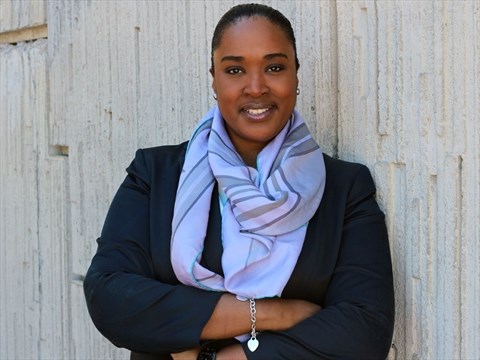
Courtesy: Jill Andrew.
MPP Andrew on being a Black, queer politician:
“Many of us (racialized peoples) have to be asked many times to get into politics, and whether it’s imposter syndrome, whether it’s internalized oppressive opinions that we begin to believe or been socialized to believe, we just don’t feel like we would ‘fit in’ the structure of politics. One of my old bosses said, ‘You should get into this, Jill, you’d be great. You’re passionate.’ Of course, I let that go.
I got really sick, really sick, and in turn, had a life-saving surgery. I experienced anti-Black racism in our health care system. It really reminded me about the inequities of who’s at the table, whose voice matters (and) which voices don’t matter.
Read more:
Southern Ontario school boards say they’re unable to track complaints of anti-Black racism
We have to be in those seats, if we’re not in those seats, those kinds of issues do not get addressed. Being a Black woman, being a queer Black woman, it doesn’t make my job harder. I’m gonna say the word harder, because I’m not going to pathologize my Blackness, this is not something that is a thorn to me. But what it does is it makes my work that much more crucial, in my opinion. It makes our work wherever we show up as Black folks, more crucial and more necessary.”
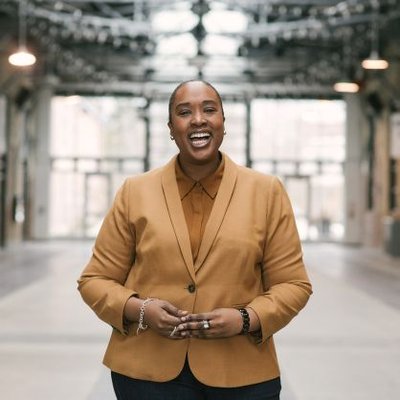
Courtesy: Jill Andrew.
MPP Andrew on celebrating Black queer folks during Black History Month:
“Black History Month is important. It is crucial. It is something we always need to uplift. But the number one thing we need to do to celebrate Black queer history, Black queer futures and Black queer now is to name ourselves. To be named, to be acknowledged throughout the rest of the year. We have to recognize that these issues don’t go away after February. Our lives don’t begin and end in February. So for every organization that calls us in to do a keynote, that calls us in to do an arts workshop, that calls us in to talk about Black Canadian history, or Black queer history, or Black women’s history or whatever the case might be… that can also be done the other 11 months of the year. Because we’re still here.”
Cicely Belle Blain (they/them) is a Diversity and Inclusion Consultant in Vancouver, B.C.
Cicely on being a Black queer person in Vanoucver:
“I don’t think I have personally experienced anything major; I would just say the small things like accessing health-care and the assumptions that are made or the misuse of pronouns. Before I started doing the work that I’m doing now, I was working at a non-profit for LGBTQ youth and would see daily a lot of the challenges that they faced in terms of trying to access mental health support, especially when they were experiencing family rejection… a lot of the infrastructure (was) just not set up well to support them, and a lot of people were falling through the cracks.”
Cicely on finding affirming spaces:
“For me, being part of Black Lives Matter Vancouver was a huge pivotal moment in finding connection, because it was sort of the first time that both Blackness and queerness were centered and were the focal point, as opposed to having to sacrifice or choose one or the other. Even though I’m not with BLM anymore, it kind of connected me to larger communities where Black queerness was like the central piece and intersectionality was a central element to the organization or the group. That’s been really affirming, in a way that was definitely missing in spaces that I accessed before.”
Cicely on their work to support Black, queer Canadians:
“My mission in life is to ensure that people who’ve experienced marginalization feel like they are worthy and know that they don’t deserve to be treated differently or be treated badly. I think especially since a lot of my work is in the professional, or corporate world, a lot of harm goes on there. And a lot of that harm goes on behind closed doors people are not given the opportunity to speak up about what they’re experiencing, because they’re worried about the professional repercussions. So I want to empower people to feel like they don’t have to stand for being harmed. I also want to educate allies, too. ”
All interviews have been edited and condensed.
Ashleigh Rae-Thomas is an Afro-Caribbean writer, facilitator, and avid community organizer from Toronto, by way of Jamaican roots.
